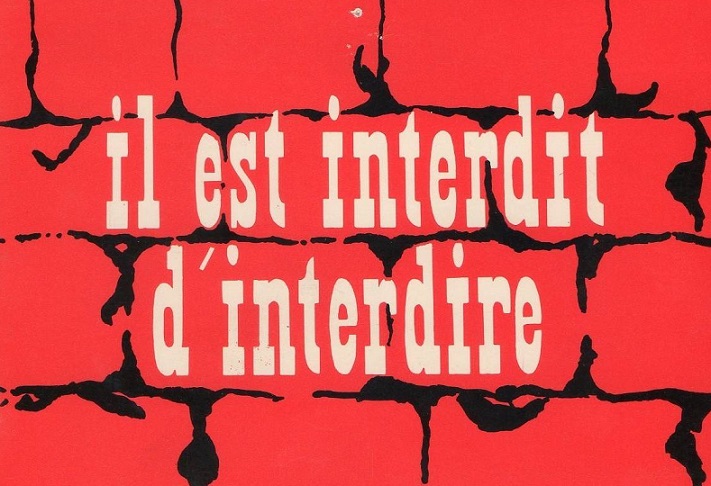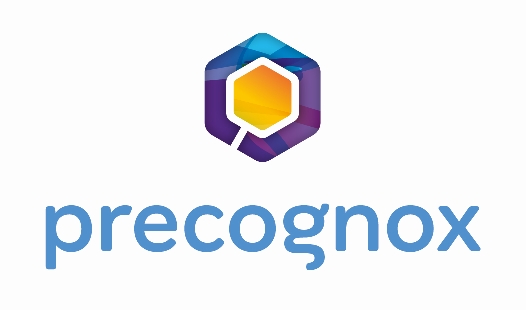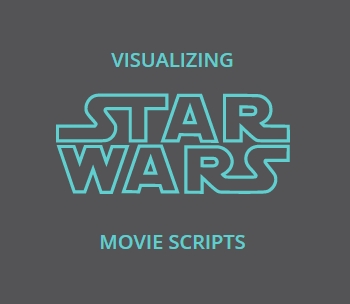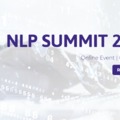Mikal Hem Kezdő diktátorok kézikönyve című művéből megtudhatjuk, miképp nyerhetünk 99.9%-al a választásokon, hogyan építsünk ki személyi kultuszt, vagy éppen teremtsünk saját építészeti irányzatot. De egy igazi diktátor ellenőrzi azt is, hogy milyen információhoz jut hozzá népe, amiről sajnálatos módon a kötet hallgat. Jó hírünk van a kedves olvasóknak, a dekadens nyugati világ kutatói a legszofisztikáltabb internetes cenzúrát tanulmányozva megírták a receptet!

Abdelberi Chaabane és tsai az Inria kutatóintézetben a szír Telecomix hacker csapat által nyilvánosságra hozott adathalmazt elemezve mutatják be a Censorship in the Wild: Analyzing Web Filtering in Syria című tanulmányukban. A Technology Review-nak nyilatkozva Chaabane felhívja a figyelmet arra, hogy csupán a webforgalom 1%-át korlátozzák a hatóságok - ez arra utal, hogy ma már nem comme il faut csak úgy en block letiltani a netet, egy rendes elnyomó rendszer a kritikus pontokra összpontosít!
Their analysis of this data reveals some surprising facts. It turns out the Syrians were censoring only a small fraction of the traffic, less than 1 per cent. “The vast majority of requests is either allowed (93.28%) or denied due to network errors (5.37%),” say Chaabane and co.
But this 1 per cent shows exactly how Syrian authorities conducted censorship at that time. “We found that censorship is based on four main criteria: URL-based filtering, keyword-based filtering, destination IP address, and a custom category-based censorship,” say Chaabane and co.
The Syrians concentrated their URL-based filtering on instant messaging software such as Skype, which is heavily edited. And much of the blocked keywords and domains relate to political news content as well as video sharing and censorship-circumvention technologies.

Gary King és tsai időt, pénzt és energiát nem spórolva a legjobbakhoz fordultak, hogy elkészítsék Reverse Engineering Chinese Censorship through Randomized Experimentation and Participant Observation című tanulmányukat. A közösségi média ma már a mindennapok része, még a diktatúrákban is. Jászberényi Sándor a Budapest-Kairóban egy angol újságíróval beszélgetve döbben rá, hogy bizony a social media kikapcsolása csak ront a diktátorok helyzetén, különösen zavargások idején, hiszen feláll a gép elől a fiatalság és más, sokkal nehezebben követhető applikációk után néz:
"Ki csinálta a forradalmat?", kérdezem Davidet. "A kormányközeli média azt mondja, hogy az iszlamisták."
"Hazudnak. Nem az iszlamisták."
"Az ellenzék?"
"Az ellenzék tüntetést szervezett, nem forradalmat."
"Akkor ki?"
"A Twitter meg a Facebook", mondja David. És nem viccel.
[...] Az internet leállítása sosem látott tömegeket vitt ki az utcára, olyanokat, akik egyébként nem mentek volna ki. A rezsim lebecsülte az emberek információ iránti igényét. [...] El lehet venni egy embertől a szabad választásokat, a demokráciát, el lehet venni a szabadságjogainak nagy részét, de nem vehetik el a kommunikációs eszközeit, melyeket használ és ismer. Senki sem fog önként sötétségben maradni, elvágva mindentől és mindenkitől.
[...] Egy másik feltevés szerint a rendőrség a posztok és tweetek GPS adatait követve, valamint a közösségi médiát monitorozva csapott le csoportokra. Ezután a kormányellenes tüntetők a különböző oldalakon zárt csoportokat hoztak létre, melyekben nem tudják lenyomozni őket, illetve megugrott az olyan mobilappok népszerűsége is, melyek elrejtik a felhasználó aktuális pozícióját. A Hotspot Shield nevű alkalmazás törökországi letöltéseinek száma pl. 120.000-rel nőtt az elmúlt egy hétben.

Az egyiptomi helyzethez hasonló bonyodalmakat senki sem akar! King és tsai nem csupán a kínai közösségi médiát monitorozták, a felhasználókat bevonva végeztek vizsgálatokat és egy saját közösségi oldal felállításába is belevágtak, csak azért, hogy testközelből kapjanak információt a kínai hatóságok működéséről. Már maga a tanulmány absztraktja is impresszív!
Chinese government censorship of social media constitutes the largest coordinated selective suppression of human communication in recorded history. Although existing research on the subject has revealed a great deal, it is based on passive, observational methods, with well known inferential limitations. For example, these methods can reveal nothing about censorship that occurs before submissions are posted, such as via automated review which we show is used at two-thirds of all social media sites. We offer two approaches to overcome these limitations. For causal inferences, we conduct the first large scale experimental study of censorship by creating accounts on numerous social media sites spread throughout the country, submitting different randomly assigned types of social media texts, and detecting from a network of computers all over the world which types are censored. Then, for descriptive inferences, we supplement the current uncertain practice of conducting anonymous interviews with secret informants, by participant observation: we set up our own social media site in China, contract with Chinese firms to install the same censoring technologies as their existing sites, and -- with direct access to their software, documentation, and even customer service help desk support -- reverse engineer how it all works. Our results offer the first rigorous experimental support for the recent hypothesis that criticism of the state, its leaders, and their policies are routinely published, whereas posts about real world events with collective action potential are censored. We also extend the hypothesis by showing that it applies even to accusations of corruption by high-level officials and massive online-only protests, neither of which are censored. We also reveal for the first time the inner workings of the process of automated review, and as a result are able to reconcile conflicting accounts of keyword-based content filtering in the academic literature. We show that the Chinese government tolerates surprising levels of diversity in automated review technology, but still ensures a uniform outcome by post hoc censorship using huge numbers of human coders.
Jó tudni, hogy az ismertetett tanulmányok szabad hozzáférésűek, ezért nem csak saját cenzúránk felállításához, de akár annak kijátszásához is felhasználhatóak - jobb ha rögtön blokkoljuk a tudományos oldalakat hatalomra kerülésünk után!










